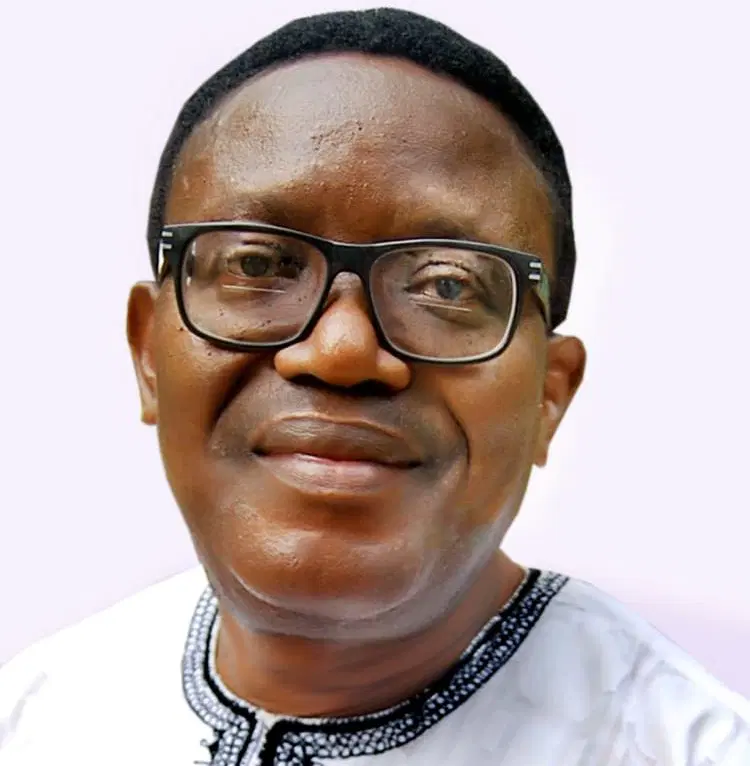I am excited. After about two months in police cells and the Kuje Maximum Prison, three #EndBadGovernance protesters—Michael Lenin Adaramoye, Mosiu Sodiq, and Opaluwa Eleojo—are back home on bail. They join the trio of Loveth Angel, Nuradeen Khamis, and Abayomi Adeyemi, who were earlier released on bail.
Incredibly, they face treason charges, not because they were anywhere near where violent protests erupted, but due to a sort of vicarious liability. Although they are residents of Abuja, the authorities are holding them accountable for the violent protests that occurred in other parts of the country.
The state’s claim is that they are organizers of the protests and should therefore be held liable for any fallout anywhere in the country. It’s essential to recognize that mass protests or street actions have a logic of their own, and organizers do not necessarily factor in violence for it to occur.
From my experience, mass protests often become violent only after police or military intervention or attacks by state-sponsored agents. For example, during the pro-democracy protests that began on July 5, 1993, we took great care to ensure they remained peaceful. We had marshals to guide protesters and prevent any violence within our ranks.
Despite millions taking to the streets on the first day, there were no incidents of violence. However, on the second day, the Babangida junta sent armed soldiers to suppress the protests. In Lagos, soldiers rolled out from Murtala Mohammed Airport, through Ikorodu Road, to the Mainland, and onto Lagos Island, shooting at anything that moved. That day alone, the regime killed at least 118 Nigerians in Lagos, according to figures collated in collaboration with the Nigeria Medical Association, which gathered data from public mortuaries. Most victims were shot in the back, indicating they were fleeing when shot. This brutal crackdown was led by then Chief of Army Staff, General Sani Abacha.
Under Abacha’s dictatorship, peaceful protests were quickly transformed into violent confrontations, often exacerbated by the state’s actions, including planting bombs in buses and public places.
While it’s true that violence can occur during public protests—a fundamental human right—it’s also important to acknowledge that protesters have a right to self-defense. I was involved in national street actions in 1993 during the Interim National Government (ING) led by Chief Ernest Shonekan, which was put in place by the departing Babangida regime after the annulment of the June 12, 1993, presidential election.
Chief Moshood Kashimawo Abiola, the rightful winner of that election, likened the annulled election to a train derailment, asserting that no other train could operate until the tracks were cleared. To derail the election plans of the ING, he turned to the Campaign for Democracy (CD), which had organized protests advocating for the de-annulment of the June 12 election. Abiola dispatched then Senator Bola Ahmed Tinubu to meet with CD leaders, including medical doctors Beko Ransome-Kuti and Frederick Fasehun, and me, to discuss our collective efforts for democratic restoration.

